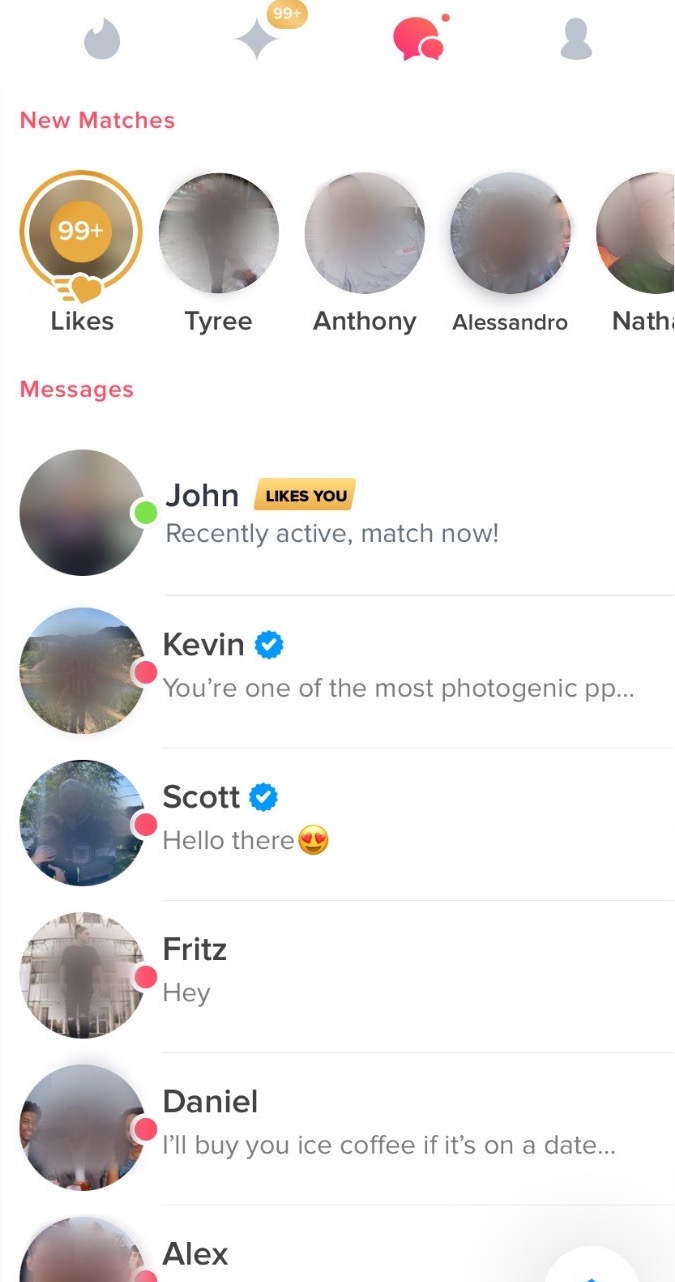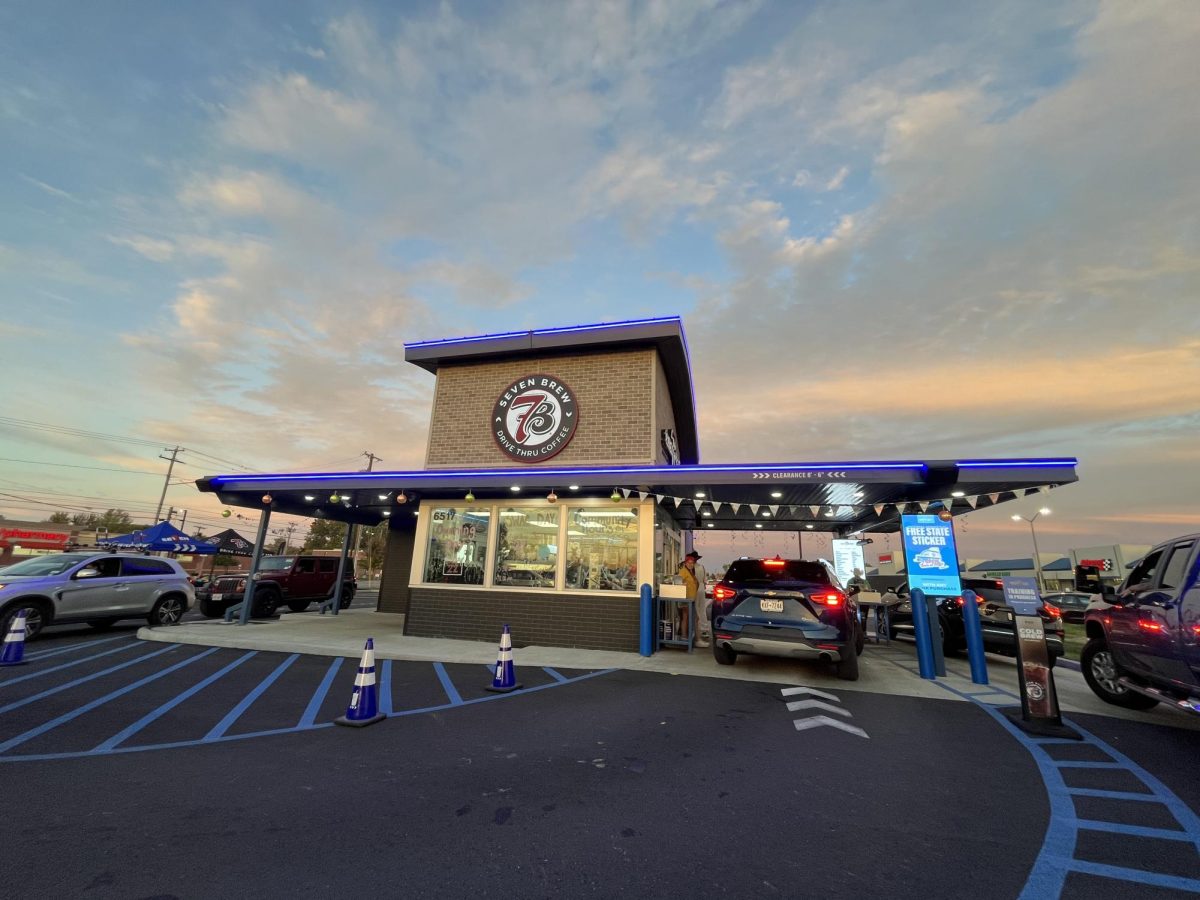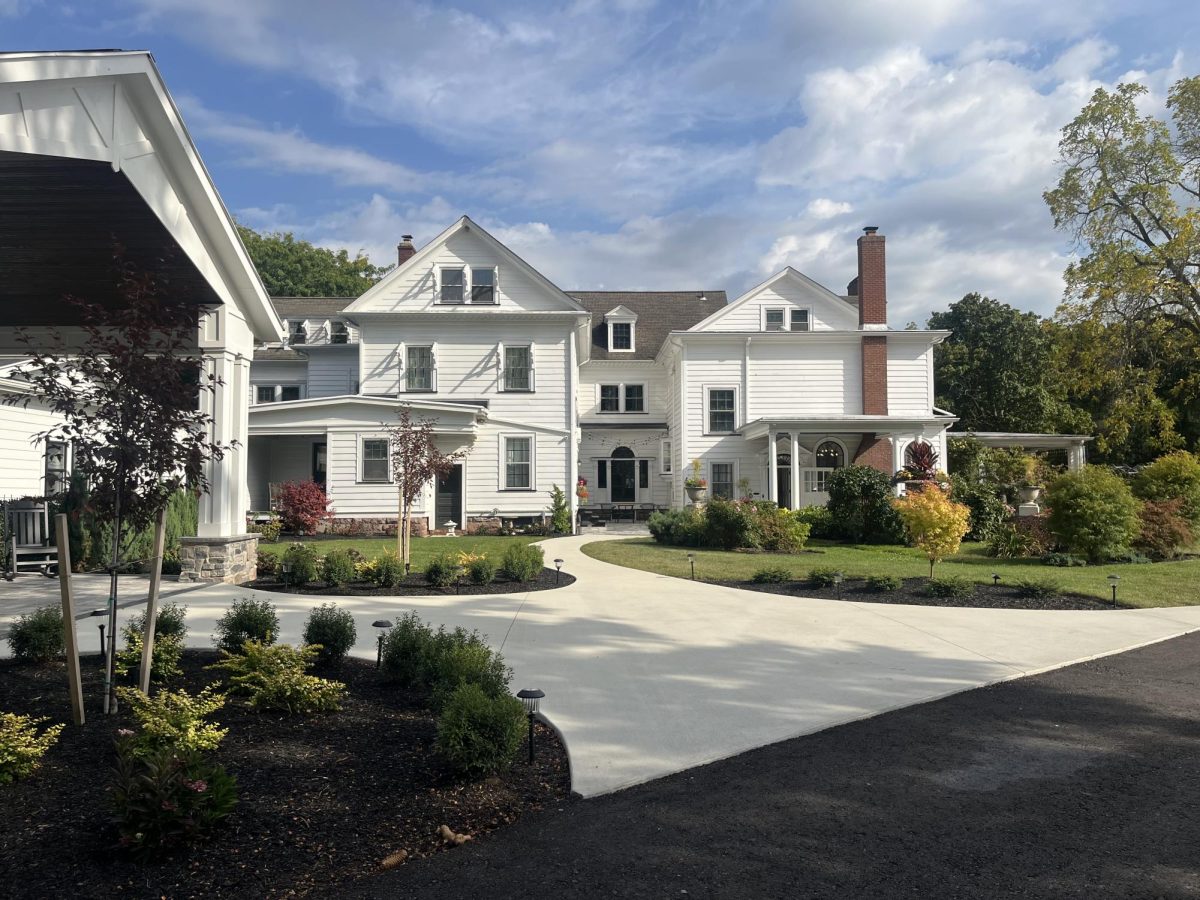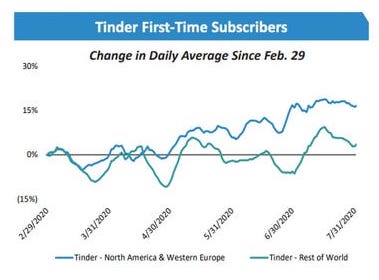When the lockdown began in early March, a pause in life limited our ability to engage in social interactions for concern of the public’s safety. So it is no secret that when the lockdown went into effect, humans gravitated towards using the internet and social media to fulfill our need for friendships, intimacy, family, and connections.
Just like many others, the pandemic turned Khariff Laboy’s social life upside down. The 25-year old LaBoy, who serves in the U.S. Army, says the pandemic forced him to find new ways to meet people since social gatherings were not a thing anymore. LaBoy had to readjust his dating life once the shutdown began, forcing him to switch to dating apps.

LaBoy was not the only one who turned to dating apps during the pandemic. People went on these apps to experience new relationships that would’ve typically been made in person if life was back to normal—seeking new relationships whether they are romantic or platonic.
“Before the pandemic, I thought dating apps were stupid, and I never used them. I’m more of an old-fashioned kind of guy; I like to go out in public and meet people. But once the world shut down, that wasn’t a thing, so I had to go on dating apps,” LaBoy said.
Stony Brook graduate student Sophia McCann, a 22-year-old, shared similar feelings as she viewed these apps more like a fun game of interacting and entertainment.
“I was surprised by the number of people who were using it, and I was lowkey judging people, but also I was going on it too. I would honestly just swipe for fun. Like I said, it was too easy, so it turned more into entertainment for me than it did socialize,” McCann said.
According to Business Insider, Match Group, the parent company for 45 dating brands including Tinder, Hinge, Match, and OkCupid, saw an increase in downloads and subscribers of 15 percent for the quarter. Match also ended the quarter with 10 million subscribers, 6 million of which are Tinder users.
Yet, using dating apps during the pandemic seems to contradict its purpose. The marketing for these apps before covid was a way to bring people together in real life, but that seemed almost impossible during a deadly pandemic.
Although some people on the app did not care for social distancing, those who refrained from meeting got creative.
Ultimately, this led to potential matches having their first dates through facetime or an app’s video dating feature if they did not have an iPhone. Even though it seemed like a safe and creative way of interacting with new people in contexts, many felt this feature ruined their experience of meeting someone for the first time.
McCann felt meeting through Facetime was not the same since people are not who they are through a screen. She stated that having that physical interaction helps her determine their character, like tipping the waiter.
Graduate student Suleima Rivas, a 24-year-old, also experienced her first date on Facetime as well. Rivas explained that her date on Facetime felt more like a business conversation and emphasized that our environment context is crucial when meeting someone for the first time.
“Through facetime, you act differently because you are being watched in that sense. When we’re in person, I can distract them by talking about our environment contexts versus facetime; the only thing you can do is watch each other. There are no contexts to buffer any kind of awkward situation,” Rivas said.
Rivas also viewed the apps as a paradox and a contradiction too. She thought the apps were counterintuitive since it puts the user into situations where they cannot physically meet other people. However, this shift to online dating did change her focus on determining how she got to know someone.
“Instead, I’m focusing on the quality of conversation, and a lot of the time, you cannot determine somebody’s vibe based on a conversation. That’s why I liked Hinged. It took the pressure of initiating a conversation in a setting that may not be comfortable compared to a personal setting,” Rivas said.
Nevertheless, it was not all negative; many felt that meeting for the first time through Facetime or video helped eliminate the chance of meeting “creeps” in person, like before. Some even said it was easier to ghost them because they never really built a connection through their “first date.”

Still, as many readjust their daily routines, there seemed to be a common theme among young individuals. After being isolated from society for so long, people seemed to have used this time to reflect on their personal needs and motives on relationships and life itself.
SUNY Brockport senior Eelaynah Rodriguez, a 22-year-old, shared her experience of how the pandemic has helped reevaluate what she wants for herself.
“I feel like the pandemic showed us that life is short, and I do not have time to play games. I learned that I have to be more vocal and stand up for myself by just being straightforward of what I want,” Rodriguez said.
Rodriguez says this after realizing how important communication is when we are put into situations where physical contact is limited. She emphasized that communication helps us better understand other partner’s own human experiences and analyze how much communication plays a significant role in making and maintaining any relationships we seek.
After a year of collective loss and experience of stressful situations, Covid-19 has had a significant effect on our lives. The lockdown forced us to limit all social interactions in our daily lives, from meeting friends, talking to strangers in public spaces, and even interacting with our coworkers.
So, it is no wonder social distancing daunted us from the beginning. The pandemic prevented us from physically meeting one another, but access to the internet and social media made it possible. Using technology to its total capacity, we maintained and created new relationships as we longed for social interactions and new experiences during this lengthy shutdown.























